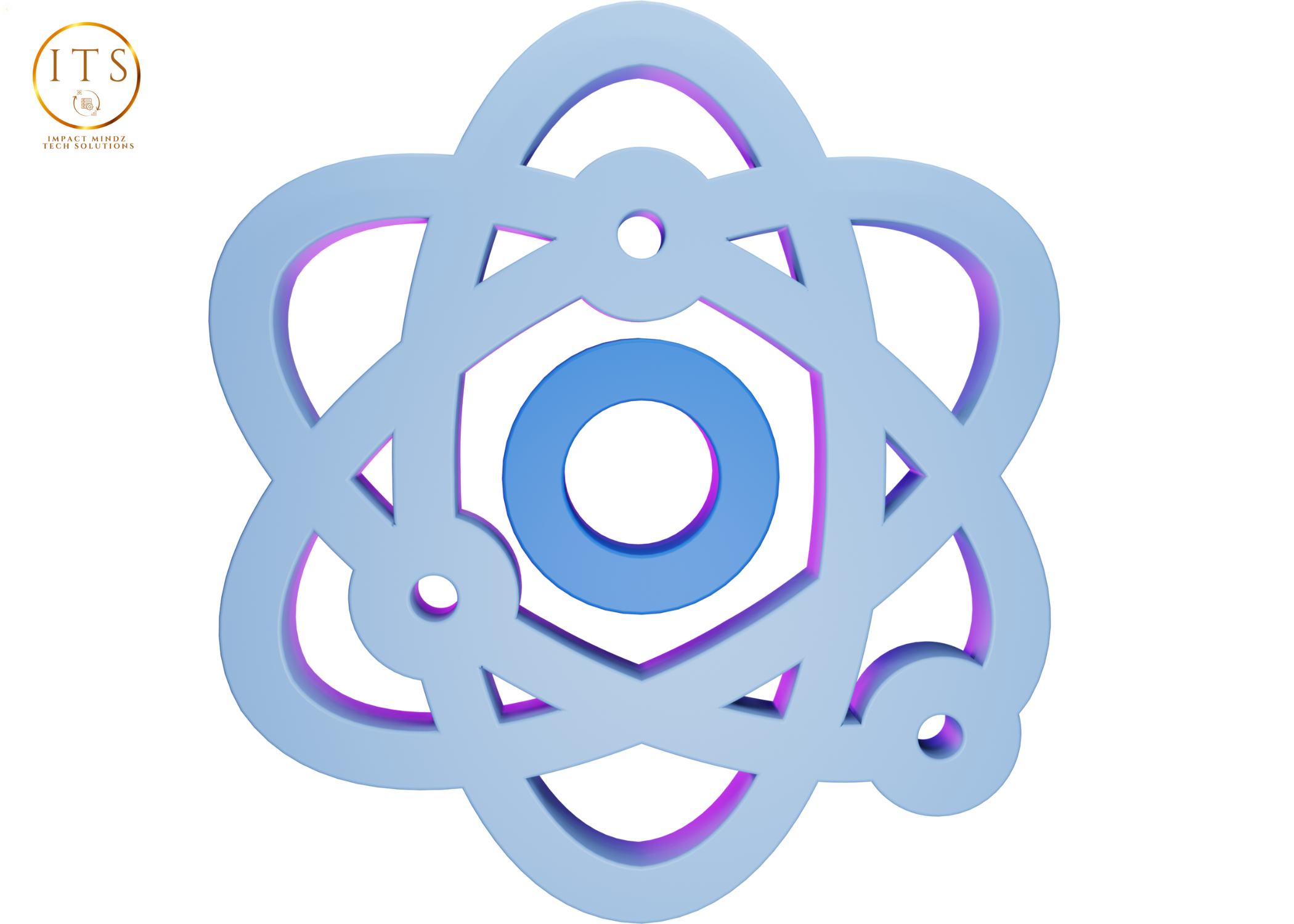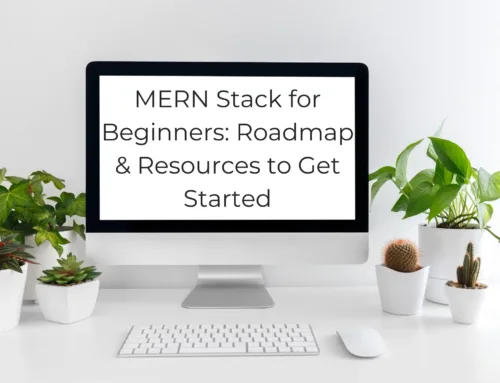The world of mobile app development is rapidly evolving, with new technologies and frameworks emerging constantly. Two of the most popular options for building cross-platform apps are React Native and Flutter. Both offer compelling advantages, but which one is the right fit for your e-commerce venture? Let’s dive deep into the key differences, strengths, and weaknesses of each to help you make an informed decision.
Understanding the Basics
Before we delve into the comparison, let’s briefly recap what React Native and Flutter are.
React Native: Developed by Facebook, React Native allows you to build native mobile apps using JavaScript and React. It bridges the gap between native performance and the flexibility of web development.
Flutter: Created by Google, Flutter uses Dart, a language similar to JavaScript, to build natively compiled applications for mobile, web, and desktop from a single codebase.
Performance: A Critical Factor
Performance is paramount for any successful e-commerce app. Users expect smooth interactions, quick load times, and responsive interfaces.
React Native: Leverages native components for rendering, which can lead to performance optimizations. However, complex animations and heavy computations might pose challenges.
Flutter: Offers exceptional performance due to its own rendering engine, which eliminates the need for intermediary communication with the native platform. This results in faster load times and smoother animations.
Development Speed and Cost-Efficiency
Time-to-market is crucial in the competitive e-commerce landscape.
React Native: Benefits from a large and active developer community, abundant third-party libraries, and hot reloading for faster development cycles. This can lead to cost savings.
Flutter: Provides a rich set of pre-built widgets and a declarative UI approach, accelerating development. While the community is growing rapidly, it might not be as extensive as React Native’s.
UI/UX Design and Customization
A visually appealing and intuitive user interface is essential for driving conversions.
React Native: Offers a degree of customization but relies on native components, which can sometimes limit design flexibility.
Flutter: Provides unparalleled customization capabilities with its rich set of widgets and ability to create custom UI elements. This allows for highly tailored user experiences.
Community and Ecosystem
A strong developer community and ecosystem are vital for support, resources, and staying up-to-date with the latest trends.
React Native: Boasts a massive and mature community, with numerous open-source libraries, tutorials, and forums available.
Flutter: While the community is proliferating, it might not be as extensive as React Native. However, with Google’s backing, continuous development and support are assured.
Cross-Platform Compatibility
Consistency across platforms is crucial for a seamless user experience.
React Native: Generally provides good cross-platform compatibility, but some platform-specific differences might require additional effort.
Flutter: Offers exceptional cross-platform consistency, as it renders UI components independently of the underlying platform.
When to Choose React Native
You have an existing React web application and want to extend it to mobile.
Your project requires rapid development and cost-efficiency.
You prioritize a large developer community and extensive third-party library support.
When to Choose Flutter
It would help if you had exceptional performance and smooth animations.
Your app requires highly customized UI designs.
Cross-platform consistency is a top priority.
You’re comfortable with the Dart programming language.
Making the Right Choice
The best framework for your e-commerce app depends on specific project requirements, team expertise, and long-term goals. Consider the following factors:
Project complexity: For complex apps with demanding performance requirements, Flutter might be a better choice.
Time-to-market: React Native’s rapid development capabilities can benefit projects with tight deadlines.
Design preferences: If you need highly customized designs, Flutter’s flexibility is ideal.
Developer skills: Choose the framework your team is most proficient in or can quickly learn.
Ultimately, the key to success lies in selecting the framework that aligns best with your e-commerce vision and enables you to deliver an exceptional user experience.
Impact Mindz Tech Solutions specializes in React Native development and can help you build a high-performing e-commerce app that drives growth and customer satisfaction. Contact us today to discuss your project requirements.






